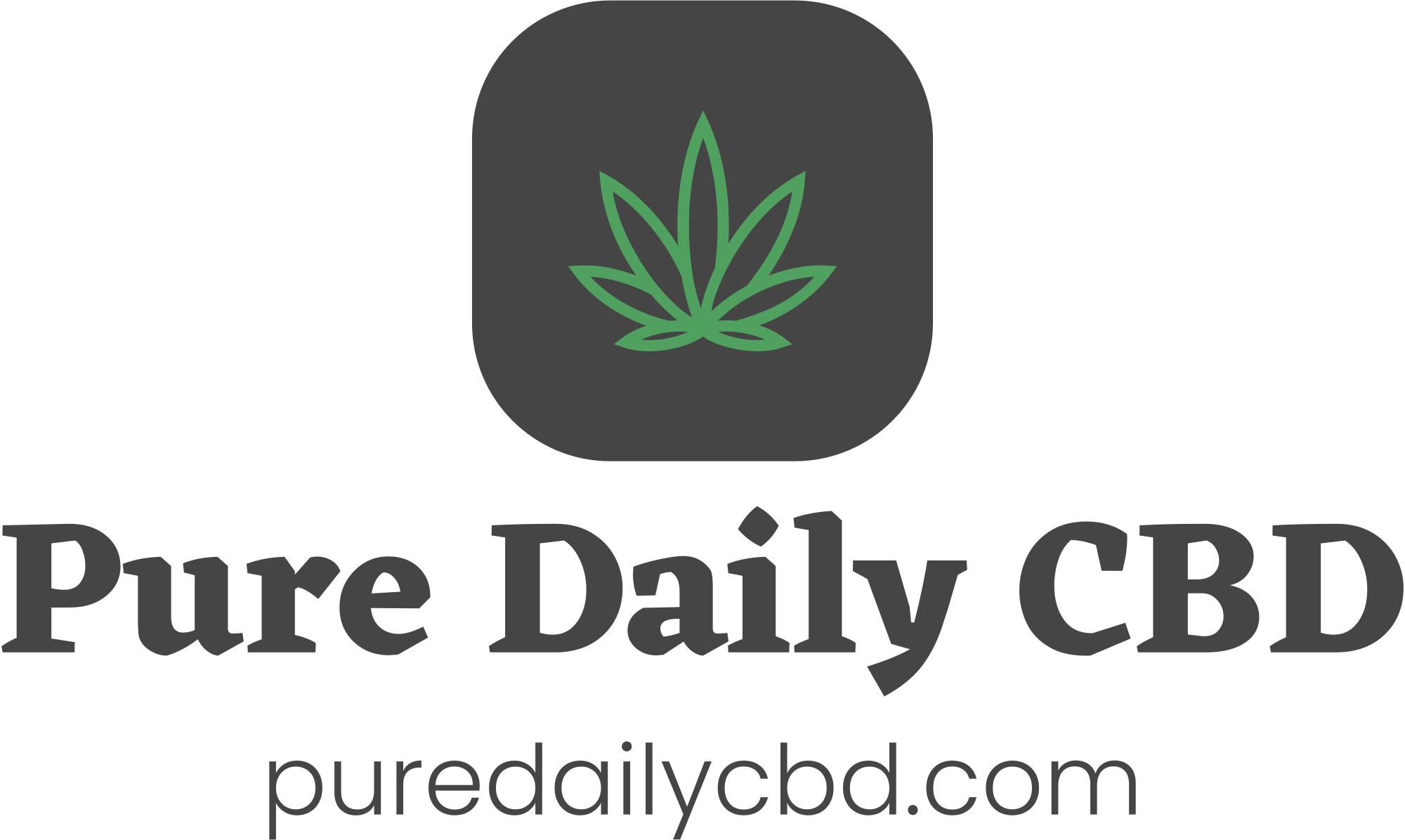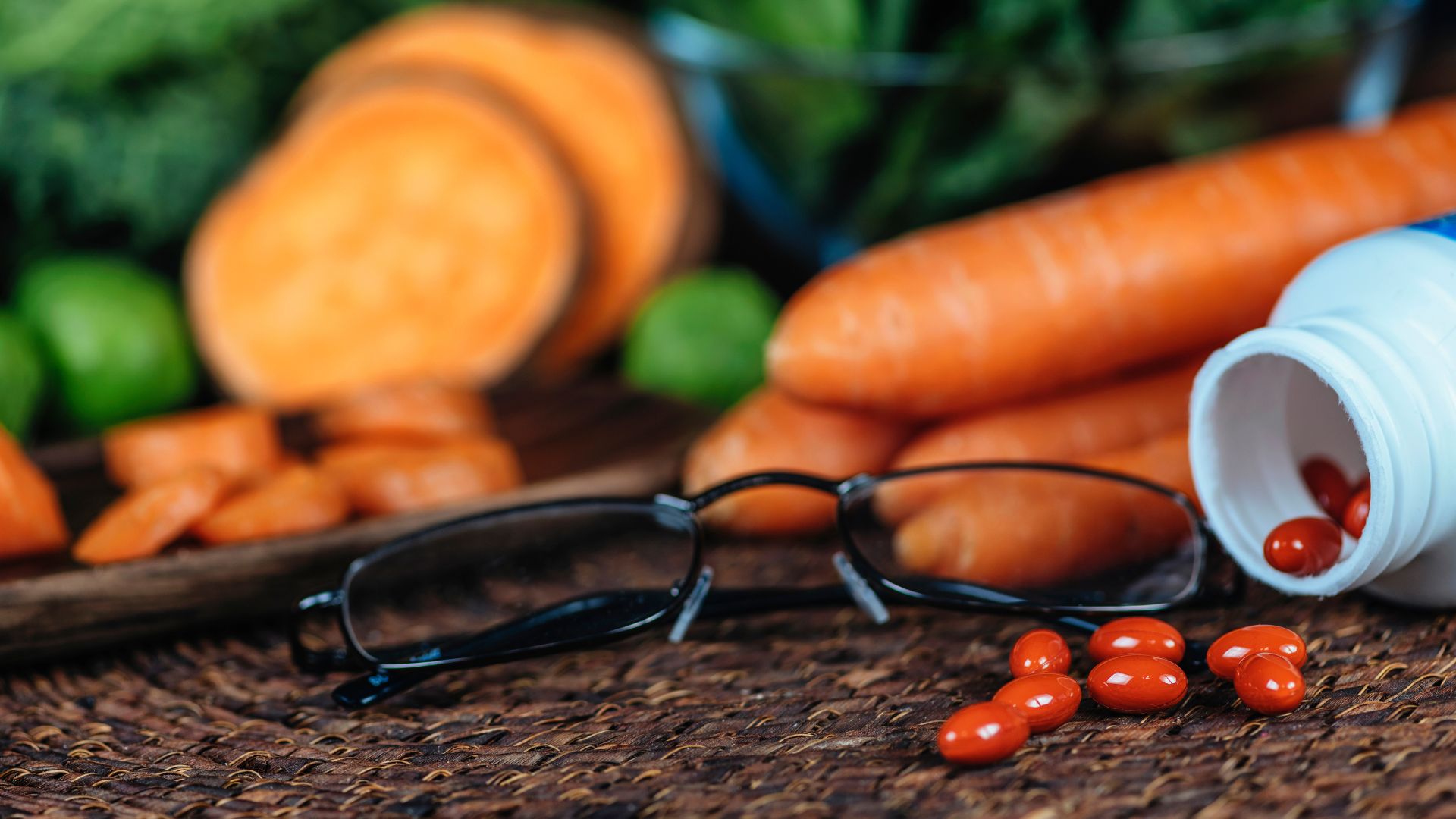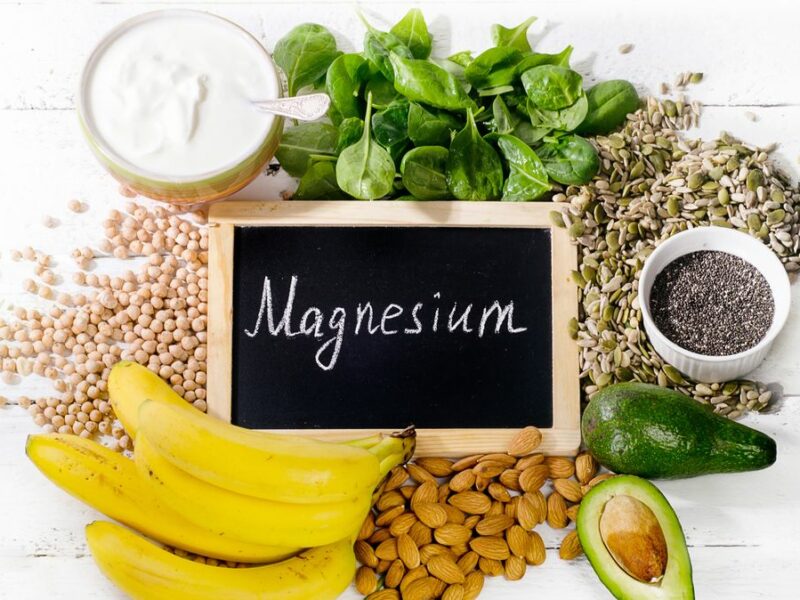Introduction:
Lutein and zeaxanthin are two important nutrients belonging to the carotenoid family, which are natural pigments found in various plants and vegetables. These compounds have gained significant attention due to their potential health benefits, particularly for eye health. In this comprehensive guide, we will explore the benefits, dosage recommendations, and food sources of lutein and zeaxanthin. Understanding these nutrients and incorporating them into your diet can contribute to overall well-being and support optimal eye health.
Benefits of Lutein and Zeaxanthin:
Eye Health:
Lutein and zeaxanthin are primarily known for their role in supporting eye health. These compounds are present in high concentrations in the macula of the eye, where they act as antioxidants and help filter harmful blue light. Studies suggest that lutein and zeaxanthin may reduce the risk of age-related macular degeneration (AMD), cataracts, and other eye conditions.
Antioxidant Properties:
Lutein and zeaxanthin exhibit strong antioxidant properties, which help protect cells from damage caused by free radicals. This antioxidant activity may contribute to their potential benefits in reducing the risk of chronic diseases, including cardiovascular disease and certain types of cancer.
Skin Health:
The antioxidant properties of lutein and zeaxanthin extend to the skin, where they help protect against oxidative stress induced by environmental factors such as UV radiation. This may contribute to maintaining healthy skin and reducing signs of aging.
Cognitive Function:
Emerging research suggests a potential link between lutein and zeaxanthin intake and cognitive function. These compounds may play a role in preserving cognitive health and reducing the risk of cognitive decline, although more studies are needed to establish a definitive connection.
Dosage Recommendations:
There is no official Recommended Dietary Allowance (RDA) for lutein and zeaxanthin. However, studies have provided general guidelines for their daily intake to support eye health. The Age-Related Eye Disease Study 2 (AREDS2) recommended a daily dosage of 10 mg of lutein and 2 mg of zeaxanthin for individuals at risk of developing advanced AMD. However, individual needs may vary based on age, health status, and specific requirements. It’s always best to consult with a healthcare professional to determine the appropriate dosage for your situation.
Food Sources of Lutein and Zeaxanthin:
Leafy Green Vegetables:
Dark leafy greens such as spinach, kale, and Swiss chard are excellent sources of lutein and zeaxanthin. Incorporating these vegetables into your diet, whether through salads, sautés, or smoothies, can help increase your intake of these nutrients.
Orange and Yellow Fruits and Vegetables:
Foods like oranges, mangoes, yellow peppers, and carrots contain significant amounts of lutein and zeaxanthin. These vibrant-colored fruits and vegetables are not only nutritious but also add flavor and variety to your meals.
Egg Yolks:
Egg yolks are rich in lutein and zeaxanthin, making them a convenient and versatile source of these nutrients. Including eggs in your diet, whether scrambled, poached, or in omelets, can contribute to your daily intake.
Corn:
Corn and corn products, including popcorn, contain lutein and zeaxanthin. Enjoying fresh corn on the cob or incorporating corn in various dishes can be a tasty way to boost your intake.
Marigold Flowers:
Marigold flowers are often used as a natural source of lutein and zeaxanthin in supplement form. While supplements can be an option, obtaining these nutrients from whole foods is generally recommended for optimal absorption and overall health benefits.
Supplements:
In some cases, dietary supplements may be recommended to meet specific lutein and zeaxanthin needs. It’s important to consult with a healthcare professional before starting any supplements to determine the appropriate dosage and ensure they align with your individual health goals.
Conclusion:
Lutein and zeaxanthin are essential nutrients with numerous potential health benefits, particularly for eye health and overall well-being. Incorporating foods rich in lutein and zeaxanthin into your diet, such as leafy greens, orange and yellow fruits and vegetables, egg yolks, and corn, can help ensure an adequate intake of these nutrients. While supplements may be considered in certain situations, obtaining lutein and zeaxanthin from whole foods is generally recommended for optimal absorption and overall health benefits. By prioritizing these nutrients in your diet, you can support your eye health and potentially reduce the risk of certain chronic diseases.
- Top CBD Products Reviewed A Comprehensive Guide By Evo Hemp - October 7, 2024
- The Comprehensive Guide to the Benefits of Cordyceps Functional Mushrooms - October 26, 2023
- The Comprehensive Guide to the Benefits of Lion’s Mane Functional Mushrooms - October 26, 2023




